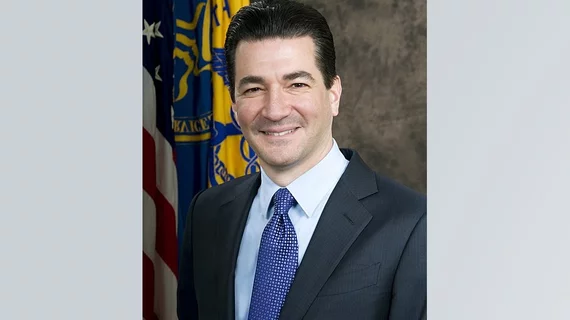FDA Commissioner Scott Gottlieb resigns
FDA Commissioner Scott Gottlieb, MD, is resigning. Gottlieb has manned the agency since May 2017 and will leave his position in about a month.
A number of Trump appointees, particularly White House staffers, have left their positions prematurely. Compared to the administration’s stance on deregulation, Gottlieb has been “adept in issuing new rules,” the Wall Street Journal stated. The agency has taken a harder stance on supplements and is looking into the marketing practices of e-cigarettes.
“All of us at HHS are proud of the remarkable work Commissioner Gottlieb has done at the FDA,” HHS Secretary Alex Azar said in a statement March 5. “He has been an exemplary public health leader, aggressive advocate for American patients and passionate promoter of innovation. I will personally miss working with Scott on the important goals we share, and I know that is true for so many other members of the HHS family.”
Under Gottlieb’s lead, the agency has also focused on streamlining the approval of new, innovative medical devices and drugs that aim to improve healthcare outcomes and lower costs.

